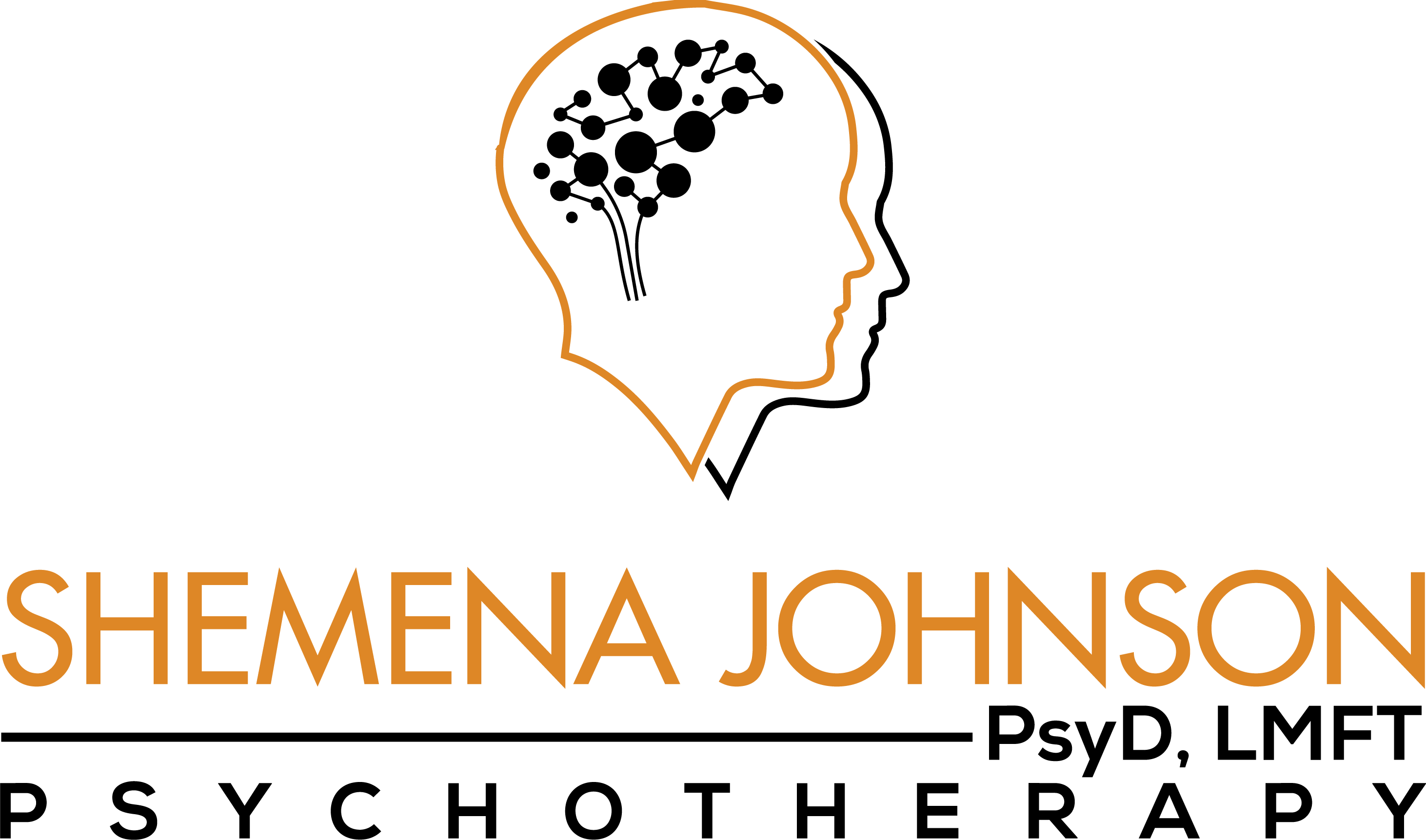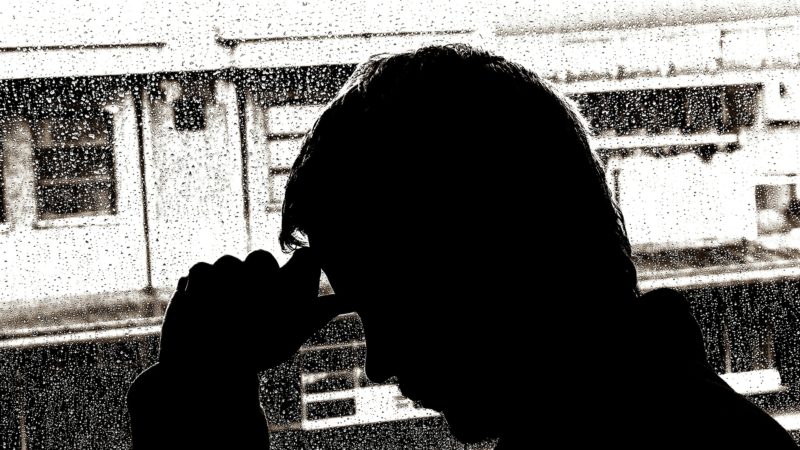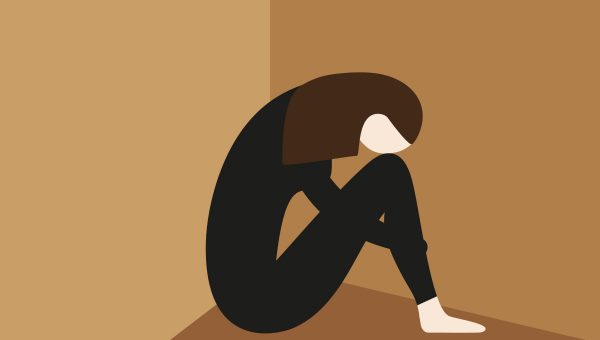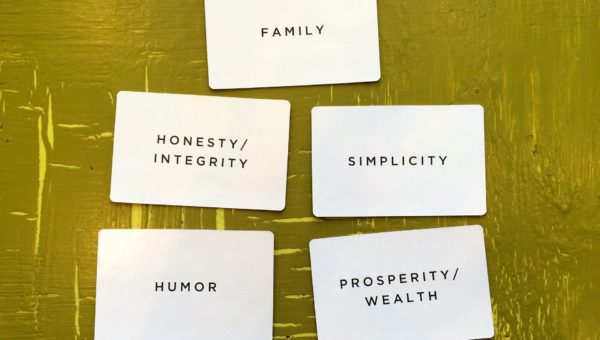Having a background in dancing, I remember my instructor would always tell me to listen to my body as a way to provide information. At times it was difficult because I wanted to push myself beyond my limitations which came at a cost of me being bedridden due to a muscle strain. Accepting and coping with physical pain is, in many ways, much easier than accepting and coping with psychological/emotional pain. Why is that? When we move from physical to psychological pain, it gets short shrift, especially if you are experiencing depression or anxiety. How can something intangible as a memory provoke such intense emotional pain while our ability to re-experience the physical pain of a broken leg or childbirth is elusive?
Call it emotional pain, psychological pain, “soul” pain or simply, suffering. Non-physical pain is described by Meerwijk and Weiss as “a lasting…unpleasant feeling resulting from [an individual’s] negative appraisal of a…deficiency of the self”. In other words, emotional pain may be our all-too-human tendency to avoid pain at all costs because we cannot or do not want to confront it. However, when we fail to recognize that emotional pain exists for a reason, we miss the opportunity to explore the deepest, most intimate parts of ourselves, that inner core embracing our self-identity, our sense of self-worth and our desire to love and be loved.
Escaping Emotional Pain
Head and body aches can be relieved by taking an Ibuprofen. Doctors give us prescriptions to relieve the pain of broken bones or post-operative discomfort. But nothing is available to ease emotional pain. Antidepressants may help our depression and anxiety but the memories sustaining our psychic pain still exist. Current medical profession is dominated by cognitive behavior therapies and psychiatric medication where pain is something seen to be removed. Instead of acknowledging, analyzing and eventually understanding this pain, alternatives are used, such as alcohol, drugs, sex, gambling or the Internet, to temporarily numb the pain.
Emotional pain is undeniably the most distressing and unsettling pain we can experience. Every human being at some point in their lives has suffered psychological pain resulting from rejections, abuse, hate or their existence not being acknowledged. Some may even experience emotional pain from being loved. But everyone possesses the ability to learn valuable insights about themselves and the world by confronting, instead of escaping, emotional pain.
Getting to Know Your Pain
Take a non-filtered, non-judgmental look at your pain. Focus on understanding and the meaning of your emotions, not what you want to avoid. Tell yourself that you will be able to bear this.
Validating your emotions by accepting them as real and justifiable diminishes inner pain. It is only when you deny your emotions that pain intensifies. Always make your best attempt at focusing on the present — the here and now. Memories should be used as learning tools contributing to self-growth, not as restraints limiting our infinite capacity to enjoy the love, happiness and peace life has to offer.







